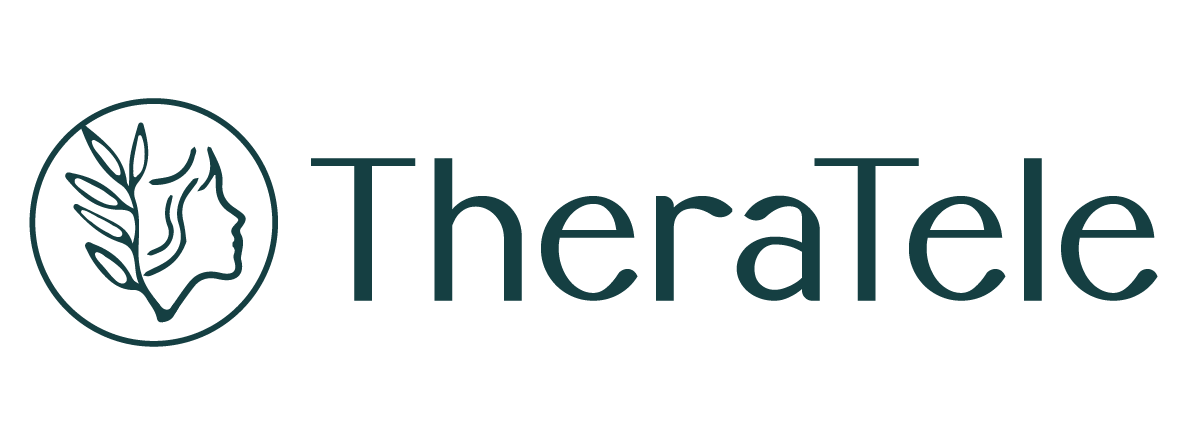
Mental Health Resources & FAQ’s
Resources
The National Suicide Prevention Lifeline:
800-273-8255
The Crisis Text Line: Text HOME to 741741
The National Domestic Violence Hotline:
Call 1-800-799-7233 or text LOVEIS to 1-866-331-9474
The Substance Abuse and Mental Health Services Administration (SAMHSA) National Helpline: 1-800-662-HELP (4357).
Self-Exploration Websites
Understand Myself (website and online program)
Morals and Ethical Perspectives (website and online self-studies)
Self Exploration Books
The Discovery of Being by Rollo May
Man's Search for Himself by Rollo May
The Courage to Create by Rollo May
Man's Search for Meaning by Viktor Frankl
12 Rules for Life: An Antidote to Chaos by Jordan Peterson
Workbooks
The Feeling Good Handbook by David Burns
The Emotional Eating Workbook by Carolyn Ross
Binge Eating and Compulsive Overeating Workbook by Carolyn Ross
Food Tracking Apps
“One central need in life is to fulfill its own potential.”
-Rollo May
-
If you find yourself spinning your wheels and not being able to make or sustain changes in life to reach your full potential, talking with someone else may help. Many seek therapy even if they aren’t experiencing significant distress but because they hope to improve their quality of life. At Theratele, we work with you on addressing main concerns and integrating other aspects of your life such as taking a look at your nutrition, movement, and thought patterns to see how you can take control of your life and make a transition to a healthier you.
-
Finding a therapist that you feel you can connect with is the first step. At Theratele, we offer a free 10-minute consultation to determine whether we would be a good fit. From there, we work on establishing a routine of how often to meet (weekly, bi-weekly, monthly, as needed) and get to work! Throughout our sessions, we will talk about why you are seeking therapy at this time and explore both past behaviors and events as well as how you are currently living your life. We will explore strategies that you can implement outside of session for processing emotions and pinpoint goals you would like to achieve in our time together. Our goal at Theratele is making sure that you ultimately feel equipped to successfully continue to improve your life long after our time together has ended.
-
At Theratele, we think it is important that you get the opportunity to ask questions you may have regarding the therapy process before committing to working with us. During this time, we will briefly discuss what led you to seek out counseling and what goals you are hoping to achieve in our time together. From there, we can determine if we would be a good fit.
-
We have two options for sessions. We offer both 30 minute and 45 minute options to suit your needs. We often suggest that new clients start out on a weekly basis and eventually taper off to bi-weekly, monthly, or on an “as needed” basis for sessions.
-
At this time, Theratele is a self-pay practice only. We allow payment through Venmo at our link here: @theratele
We are happy to provide you with a receipt of service to submit to your insurance. We do not accept insurance and do not guarantee that your insurance will cover any or all of the cost.
30 minute session: $70
50 minute session: $130
We also offer packages in the following format:
Three 30 minute sessions: $200 (must be used within six months of payment)
Three 50 minute sessions: $380 (must be used within six months of payment)
Please feel free to contact us at alexandra@theratele.com for any further questions.
-
At Theratele, we use cognitive behavioral therapy while maintaining a client centered approach. Cognitive behavioral therapy (CBT) is an evidence-based goal-oriented approach that helps identify and implement strategies to alter maladaptive thought patterns that affect our emotions and consequently, our behavior. CBT implements several different strategies such as cognitive restructuring, behavioral experimentation, role playing, guided meditation, and journaling to track progress and behavior over time. We also believe that sleep, nutrition, and movement are crucial to our mental health and will explore your patterns with respect to these fundamental needs and identify changes that you may be able to make to help improve your mood and overall well-being.
-
Yes, all session material is confidential with the exception of the following legal obligations as indicated by the NBCC (National Board for Certified Counselors)
“1. NCCs, recognizing the potential for harm, shall not share information that is obtained through the counseling process without specific written consent by the client or legal guardian except to prevent clear, imminent danger to the client or others or when required to do so by a court order.”
For further information, please refer to https://www.nbcc.org/Assets/Ethics/NBCCCodeofEthics.pdf


